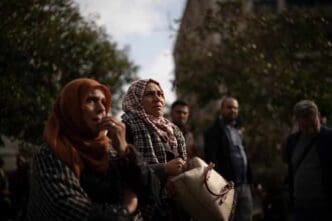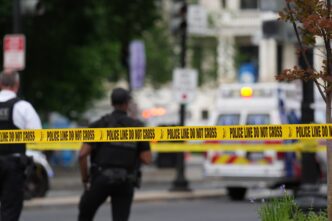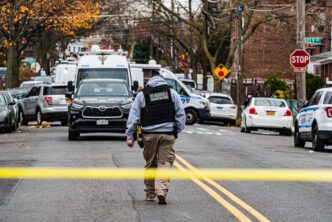In a historic development, a prominent Lebanese leader met with the insurgent responsible for the fall of Syrian President Bashar Assad. The meeting signals a potential shift in Lebanese-Syrian relations, which have been strained for years due to political and military conflicts.
Walid Jumblatt, a key figure among Lebanon’s Druze community, visited Syria, marking the first such visit from a Lebanese politician since the Assad family’s 54-year reign ended shortly ago. Jumblatt, historically a critic of Syria’s influence in Lebanon, discussed with Ahmad al-Sharaa the future of bilateral relations. Al-Sharaa led the Sunni Islamist rebels in their recent takeover of Damascus. He is now actively engaging with international diplomats, reflecting the changing political landscape in Syria.
Jumblatt expressed aspirations for normalizing relations between Lebanon and Syria, highlighting a desire to move past Syria’s previous involvement in Lebanon. His reference to his father’s assassination in 1977 during Syria’s military presence in Lebanon underscores personal stakes in these diplomatic efforts.
Al-Sharaa echoed this sentiment, emphasizing that Syria would no longer negatively influence Lebanon. He reiterated claims linking the Assad regime to the 2005 assassination of former Lebanese Prime Minister Rafik Hariri. Despite a UN tribunal convicting Hezbollah members for the crime, Assad’s government has been a repeated point of accusation from various Lebanese factions.
Al-Sharaa revealed plans to unify former insurgent factions into a consolidated military leadership, aiming to establish a defense ministry under state control. He also called for the lifting of international sanctions, advocating that the governance logic differs significantly from revolutionary ideals.
In a parallel development, Iran’s supreme leader, Ayatollah Ali Khamenei, suggested resistance from young Syrians towards the new government, accusing the US and Israel of instigating instability in Syria. Iran had been a staunch supporter of Assad, playing a pivotal role during the civil war. Khamenei downplayed accusations of Iranian proxy warfare, asserting that regional militant groups act on ideological grounds rather than Iranian directives.
The international community is closely monitoring these shifts, as a United Nations-backed team collaborates with Syria’s new authorities to preserve evidence of war crimes. Robert Petit, heading the investigative team, shared that cooperation with Syrian officials has been promising, hoping to safeguard crucial evidence amid concerns of potential loss.
The civil war has left a lasting impact on ordinary Syrians. Many, like Alaa Badawi, are returning to their homes, only to find ruins. Badawi’s struggle to locate his former home in Qaboun illustrates the devastating personal losses endured by many. Meanwhile, the release of individuals like Ziad Al-Hilli, who faced imprisonment during Assad’s regime, marks a new chapter as they navigate the aftermath of conflict.
These discussions between Lebanese and Syrian leaders might herald a new chapter in regional diplomacy. With Syria’s political landscape reshaped, both nations face the challenge of rebuilding trust while addressing the legacies of conflict and cooperation that define their shared history.
Source: News4jax








